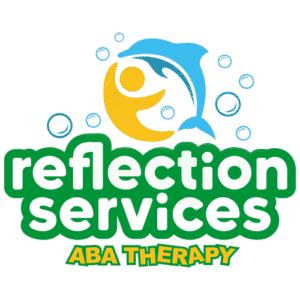What is the evidence that ABA works?
ABA is considered an evidence-based best practice treatment by the US Surgeon General and the American Psychological Association.
“Evidence-based” means that ABA has undergone scientific testing of its usefulness, quality, and effectiveness. ABA therapy includes many different techniques. All of these techniques focus on the antecedents (what happens before a behavior occurs) and the consequences (what happens after the behavior).
More than 20 studies have established that intensive and long-term therapy that uses ABA principles improves outcomes for many, but not all, children with autism. “Intensive” and “long-term” refer to programs that provide 25 to 40 hours of therapy per week for 1 to 3 years. These studies show improvements in intellectual functioning, language development, daily living skills, and social functioning. Studies with adults using ABA principles, although fewer in number, show similar benefits.
What questions should I ask?
It is important to find an ABA provider that is right for your family. The first step is for therapists to establish a good relationship with your child. If your child trusts his therapists and enjoys spending time with them, therapy will be more successful and fun.
Likewise, ABA therapists must be willing to work closely with other health professionals. They must be able to coordinate their efforts with other health professionals to ensure that your child is receiving the best possible care.
The following questions can help you assess if a provider will be a good fit for your family. Remember to trust your instincts too!
How many BCBAs do you have on staff?
Are they licensed by the BACB and through the state?
How many behavioral therapists do you have?
How many therapists will work with my child?
What kind of training do your therapists receive? How often?
How much direct supervision do therapists receive weekly from BCBAs?
How do you manage security issues?
What is a typical ABA session like?
Do you offer therapy at home or in a clinic?
How do you determine goals for my child? Do you consider input from parents?
How often do you review goals?
How is progress evaluated?
How many hours a week can you provide?
Do you have a waiting list?
What type of insurance do you accept?
First steps…
To get started, follow these steps:
Talk to your pediatrician or other medical provider about ABA. They can discuss if it is right for your child and can write a prescription if needed for your insurance.
Check if your insurance company covers the cost of ABA therapy and what your benefit is.
Search the resource directory for ABA providers near you. Or ask your child’s doctor and teachers for recommendations.
Call the ABA provider and request an intake evaluation.

